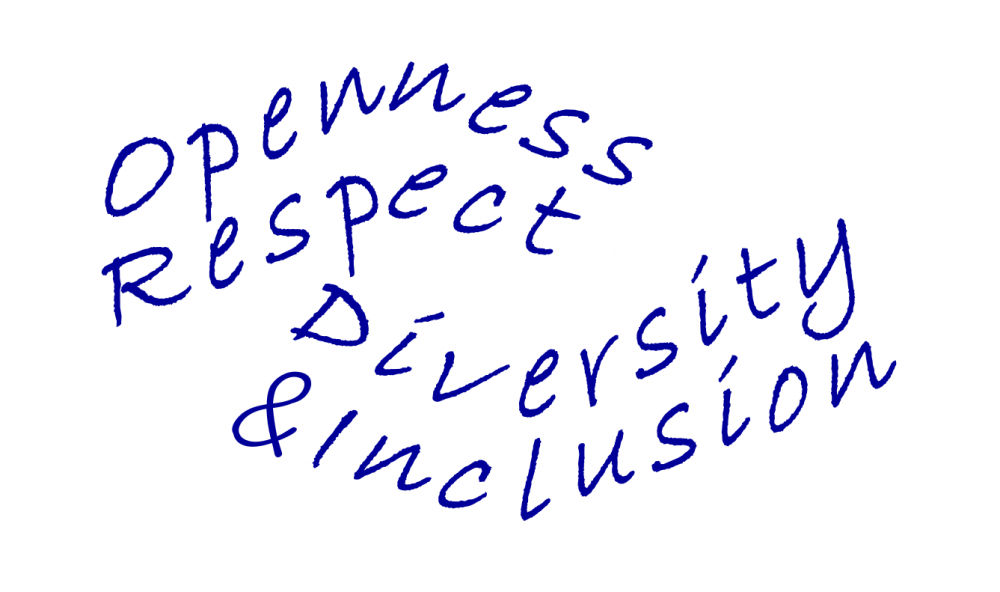Our Values, Mission and History
Our Values

Our core values define us as an association—and as individuals:
Openness: We are open to new ideas, approaches and cultural mindsets in order to advance the knowledge in our field.
Respect: We encourage fair, objective and respectful attitudes toward opinions, beliefs, and practices that differ from our own.
Diversity & Inclusion: We display diversity in terms of our cultural background, multidisciplinary experiences and through our practices, we aim at providing an inclusive environment that allows development for different kinds of people who share our values.
SIETAR Europa Presidents
Papa Balla Ndong 2023-present
Carla Cabrera Cuadrado 2021-2023
Tamara Thorpe 2019-2021
Joyce Jenkins 2017-2019
Pari Namazie 2015-2017
Claude Bourgeois 2015
Livingstone Thompson 2013-2015
Debby Swallow 2012-2013
Patrick Schmidt 2010-2011
Rob Giardina 2009-2010
Jonathan Levy 2008
Ildiko Polyak 2008
Alex Scheitza 2007
Maria Jicheva 2004-2007
Nathalie Lorrain 2004
Francien Wieringa 2002-2004
Priscilla Crubézy 2001-2002
Marie-Therese Claes 1999-2001
Vincent Merk 1997-1999
Liisa-Salo-Lee 1995-1997
Mieke Janssen-Matthes 1990-1995
Our Mission
SIETAR is a non-profit, non-governmental international organisation in Europe affiliated to the global network of SIETAR Organisations around the world. Its purpose is to encourage the development and application of knowledge, values and skills which enable effective intercultural and interethnic relations at individual, group, organisation and community levels.
SIETAR Europa serves as a forum for exchange among national SIETAR organizations and supports the establishment and development of new national SIETAR organizations. SIETAR subscribes to the Universal Declaration of Human Rights and works towards the elimination of every kind of discrimination based on race, colour, gender, sexual orientation, family and marital status, language, religion, political or other opinion, national or social origin, property, birth or other status.
Our History
SIETAR was founded in the United States in 1974 by a few dedicated individuals to draw together professionals engaged in various forms of intercultural learning and engagement research and training.
Originally called SITAR, the name was later changed to encompass education and the Society became SIETAR. Its goal was to provide a forum for exchanging ideas about training, theory, and research, and to learn from each other as well as to provide a place where interculturalists could strengthen their bonds with each other. They envisioned an exchange between people in different disciplines and professional activity that would strengthen the theoretical development and practice of intercultural communication.
Show more
The Society rapidly grew beyond the borders of the United States attracting people from around the world who had similar concerns and interests and was named SIETAR International in 1982.
- SIETAR Japan was founded in 1985 to serve the interests of its international membership in Japan.
- SIETAR Indonesia was formed to promote intercultural work in that country.
- SIETAR USA was founded in 1999 to bring together intercultural specialists in the USA and from across the continent.
- Young SIETAR, formed in 1994, offers students and young professionals across the globe ways to share ideas and discuss issues of interest.
In 1999, it was decided to disband the International organization and create a global network of regional, national and local societies that would focus on enlarging the work of SIETAR within the boundaries of their communities and cultures while linking with each other to ensure an international perspective. Work is in progress to establish the SIETAR Global Council, composed of representatives from established SIETAR organizations, whose objectives include encouraging the development of new SIETAR groups, coordinating and promoting cooperation among existing SIETAR organizations, and working together toward a wider acceptance of the principles and practices of intercultural communication.
SIETAR Europa was founded in 1991 in an effort to establish closer links between interculturalists within the continent. Since then national organisations have been formed in Europe, and today SIETAR Europa is, on the one hand, an umbrella organisation for the European SIETARs, and, on the other, unites intercultural academics and practitioners who live in countries without a national organisation.
SIETAR Europe: Intercultural Education, Training and Research – A European Endeavour? by Wolf B.Emminghaus/ Bernhard Haupert, November 1989
Where SIETAR Began, by Albert R. Wight, Ph.D. Prepared for the SIETAR Global Conference, October 2008
